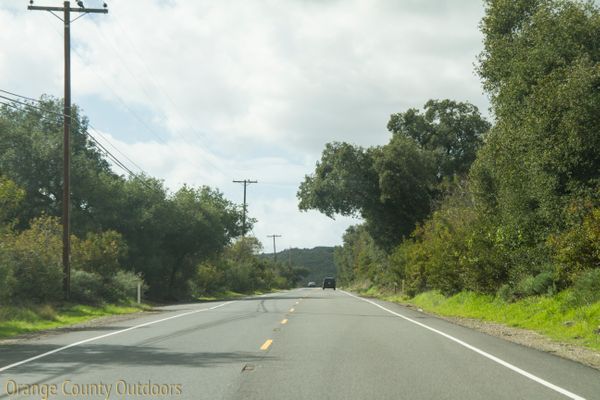
JIMENEZ SANDOVAL: The main problem when authoritarianism becomes rooted is that it shows that the international system has few tools to combat these type of governments. PERALTA: But perhaps Ortega's most impressive feat, says Jimenez Sandoval, is that he has proven to other authoritarian leaders in the Americas that an iron-fisted rule can survive opposition and sanctions from the international community. JIMENEZ SANDOVAL: I don't know how many countries have that very sad record of putting seven presidential candidates in prison or under house arrest. In 2021, Ortega imprisoned potential presidential candidates. He passed Soviet-style laws to destroy Nicaragua's civil society.

PERALTA: Ortega changed the electoral laws. And I think it's a story that we see repeated in many countries across the region. In Nicaragua, says Jimenez Sandoval, Ortega came to power legitimately.ĬAROLINA JIMENEZ SANDOVAL: Ortega was elected, but how, then, he changed all the rules of the game to stay in power is a different story.
#Current traffic conditions ortega highway manual
Carolina Jimenez Sandoval of the Washington Office on Latin America calls Nicaragua a user's manual for authoritarian leaders. PERALTA: The neighbor turns on a faucet, and Graciela grows nervous. We live with this fear that we can't speak, that we can't complain. GRACIELA: (Through interpreter) And what could we do? We can't do anything. PERALTA: Her dad died, and hanging over her was this idea that he was allowed to die because of his politics. I shouted for a doctor, asking for help, and no one helped. GRACIELA: (Through interpreter) I ran across the hospital. She took him to a public hospital, and there, he got even sicker. PERALTA: At around the same time, her dad got sick. GRACIELA: (Through interpreter) And from then on, they told us, don't you dare do anything against the government. They took her things and accused her of helping to organize a rebellion. But even so, at one point, police raided her home. Graciela ended up in hiding for months, and when she emerged, the uprising was a memory. Graciela remembers police going house to house looking for organizers. PERALTA: A few months later, the government launched a ruthless attack. If not, what is coming is going to be so much worse. GRACIELA: (Through interpreter) My dad worked for the government, and he told us, we have to keep going. She remembers her dad gave them some prescient advice. They thought President Ortega was stealing elections and laying the groundwork to rule forever. In 2018, her whole family joined the demonstrations.
#Current traffic conditions ortega highway full
She asks that we not use her full name because she fears retribution. I meet Graciela, who once volunteered to treat wounded protesters in the back room of a business. People are out shopping, going to church, to school, and the rebellion that once burned through these streets is extinguished. PERALTA: These days, everything points to normal. PERALTA: So one of the first places I went to was Masaya, and that's a little colonial town that was the epicenter of the rebellion in 2018. My bet was that authorities wouldn't ask me too many questions, and I was right. PERALTA: I have a Nicaraguan passport, and I went through a rural land border. MARTIN: So how did you manage to get in? And I do want to mention that you are now safely out, so we're not compromising your safety. And immigration authorities started denying entry to foreign journalists. Some 300 protesters were killed, and then Ortega bulldozed the opposition. That's when thousands of Nicaraguans took to the streets, and they called for his ouster. But things got really bad beginning in 2018. And since then, he has done everything to remain in power.

He lost an election in 1990, but he came back to power in 2007. And he led a successful revolution against the military dictatorship in the '70s. PERALTA: So you need to know one name - President Daniel Ortega. MARTIN: So before we get into your reporting, can you remind us how Nicaragua got to this point? Thank you much - thanks so much for joining us. But NPR's Eyder Peralta managed to get in, and he's here to bring us some of his exclusive on-the-ground reporting.

For more than a year, the country has also shut out foreign journalists.

Over the past decade, Nicaragua has become one of the most authoritarian countries in the Western Hemisphere.


 0 kommentar(er)
0 kommentar(er)
